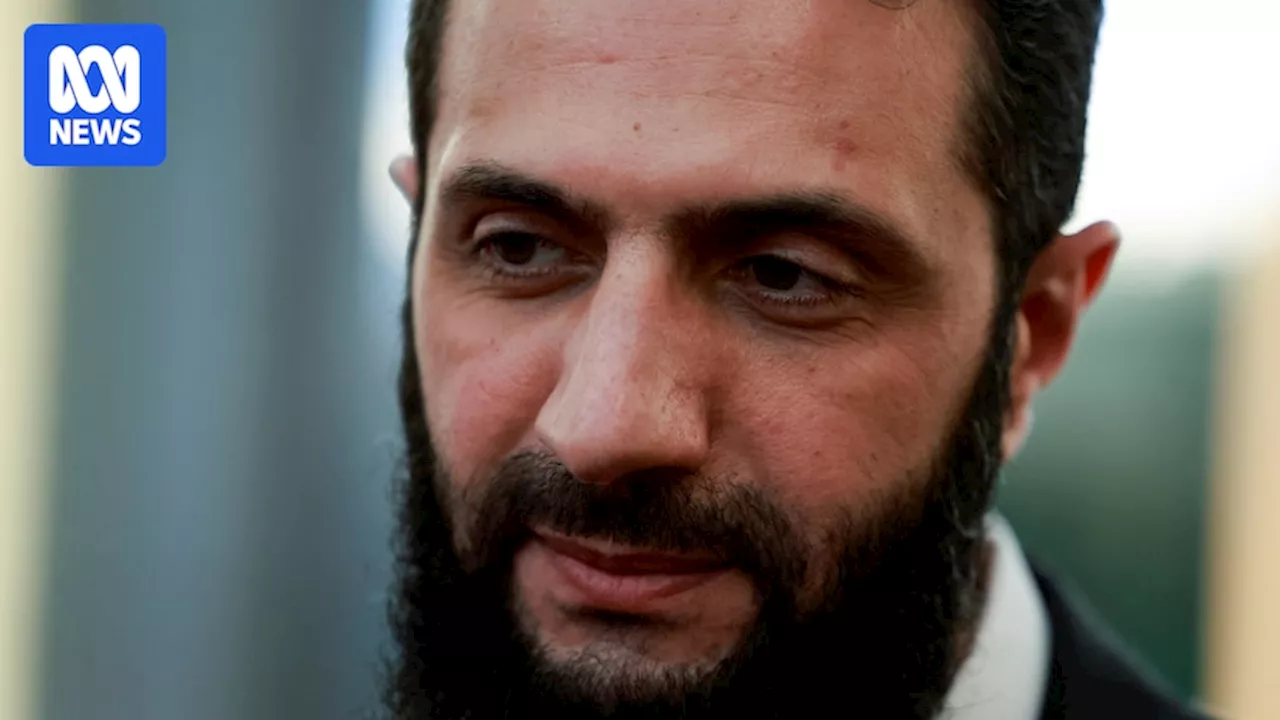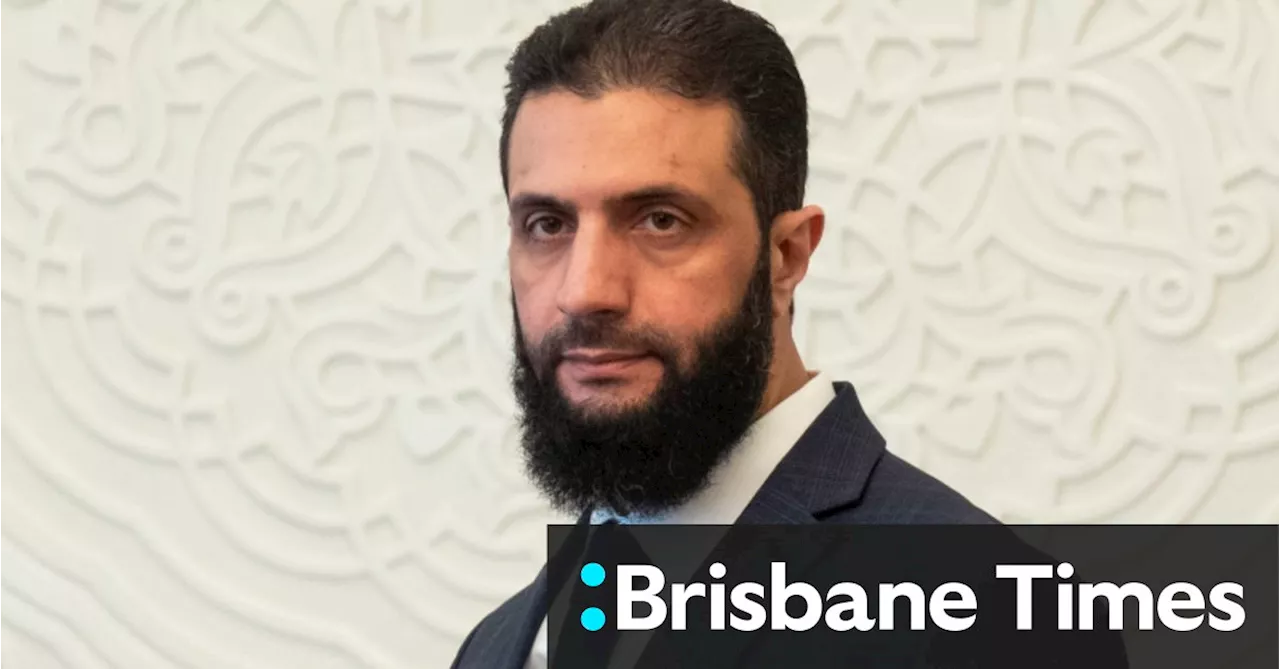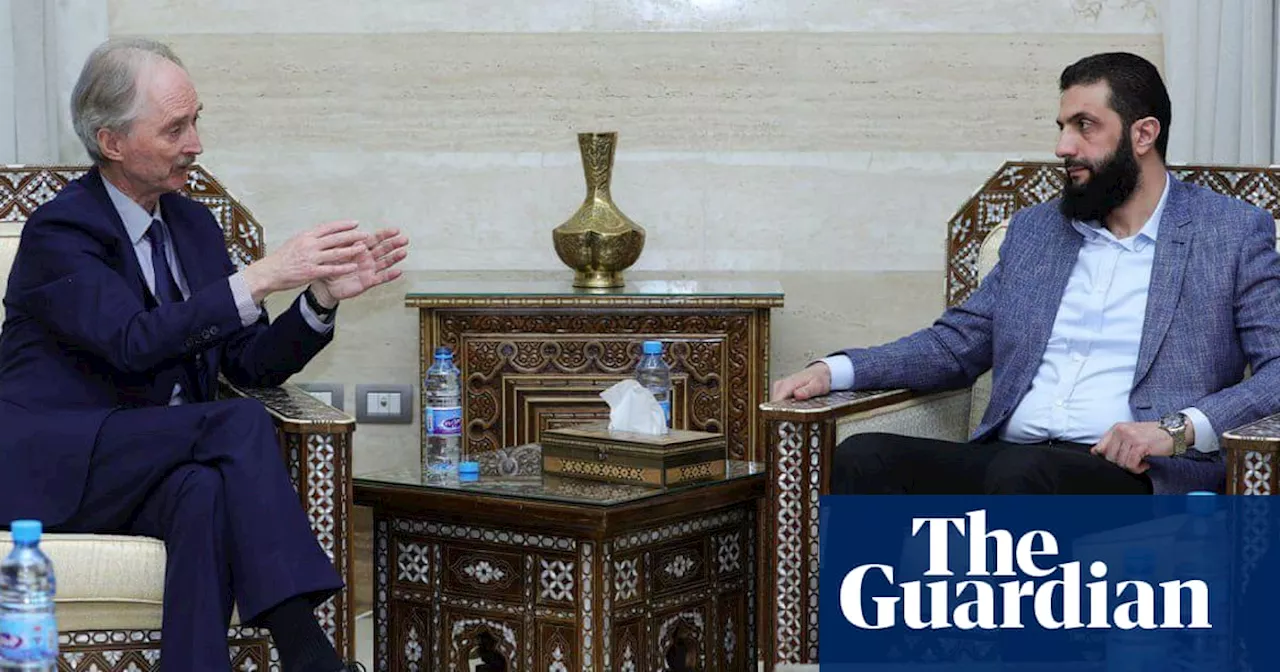Following the overthrow of Bashar Assad's regime, Syrian refugees face a critical choice: return to a war-torn homeland or remain in host countries. The decision is fraught with complexities, including the risk of instability, economic hardship, and the uncertain future of the transitional government.
For more than a decade, Syrians have been the world's largest refugee population. More than 6 million Syrians have fled the country since 2011, when an uprising against the regime of Bashar Assad transformed into a 13-year civil war. Most ended up in neighboring countries such as Turkey, Lebanon, Jordan, Iraq, and Egypt, while a sizable minority wound up in Europe .
But the overthrow of the Assad regime in late 2024 by opposition forces led by the Islamist group Hayat Tahrir al-Sham has seemingly opened a window for their return, and tens of thousands of former refugees have since made the decision to go back to their homeland. How many and who decides to go back, and the circumstances under which they reintegrate into Syrian society, will have enormous implications for both Syria and the countries they resettled in. It also provides an opportunity for migration scholars like ourselves to better understand what happens when refugees finally return home. Previous research has shown that Syrian refugees who are trying to decide whether to return are motivated more by conditions in Syria than by policy decisions where they’ve resettled. But individual experiences also play an important role. Counterintuitively, refugees who have been exposed to violence during the Syrian civil war are actually more tolerant of and better at assessing the risk of returning to Syria, research has shown. But such research was conducted while Assad was still in power, and it has only been several weeks since Assad fell. As a result, it’s unclear how many Syrians will decide to go back. After all, the current government is transitional, and the country is not fully unified. The risk of return In the month after Assad’s fall, about 125,000 Syrians headed home, primarily from Turkey, Jordan, and Lebanon. But for the majority of those yet to return, important questions and considerations remain. First and foremost, what will governance look like under the transitional government? So far, Hayat Tahrir al-Sham’s rule under Ahmed al-Sharaa has suggested the group will embrace inclusivity toward Syria’s diverse array of ethnic and religious minorities. Even so, some observers worry about the group’s prior connections to militant Islamist groups, including al-Qaida. Similarly, initial fears about restrictions on women’s participation in public life have mostly been assuaged, despite the transitional government appointing only two women to office. Syrians debating whether to return home must also confront the economic devastation wrought by years of war, government mismanagement and corruption, and international sanctions placed on the Assad regime. Sanctions blocking the entry of medications and equipment, along with Assad’s bombing of infrastructure throughout the war, have crippled the country’s medical system. In 2024, 16.7 million Syrians – more than half the country’s population – were in need of essential humanitarian assistance, even as very little was available. In early 2025, the U.S. announced that it was extending a partial, six-month reprieve of sanctions to allow humanitarian groups to provide basic services such as water, sanitation, and electricity. But rebuilding the country’s infrastructure will take much longer, and Syrian refugees will have to weigh whether they are better off remaining in their host countries. This is especially true for those who have worked to build new lives over a long period in exile from Syria. The caretaker Syrian government will also have to address the issue of property restitution. Many individuals may want to return home only if they indeed have a home to return to. And the policy of forced property transfers and the settlement by Alawite and minority groups allied to the Assad regime in former Sunni areas vacated during the war complicates the issue. Continued welcome in Europe? Since the start of the civil war, approximately 1.3 million Syrians have sought protection in Europe, the majority of them arriving in 2015 and 2016 and settling in countries such as Germany and Sweden. As of December 2023, 780,000 individuals still held refugee status and subsidiary protection – an additional form of international protection – with the remainder having received either long-term residency or citizenship. Subsidiary protection was granted to those who didn’t meet the stringent requirements for refugee status under the Geneva Conventions – which requires a well-founded fear of persecution based on race, religion, nationality, political opinion or membership of a particular social group – but “would face a real risk of suffering serious harm” if returned to their countries of origin. Recognition rates for Syrians have remained consistently high between 2015 and 2023, but the breakdown between subsidiary protection and refugee status has fluctuated over the years, with 81% receiving refugee status in 2015 versus 68% receiving subsidiary protection in 2023.
SYRIA REFUGEES CIVIL WAR HYAT TAHRIR AL-SHAM EUROPE ASAD REGIME HUMANITARIAN CRISIS PROPERTY RESTITUTION
Australia Latest News, Australia Headlines
Similar News:You can also read news stories similar to this one that we have collected from other news sources.
 Syrian Refugees in Europe Face Dilemma Over Potential Home VisitsWith the fall of Bashar al-Assad's regime, many Syrian refugees in Europe are eager to visit their home country but fear losing their asylum rights. Refugee organizations are calling on governments to allow temporary visits without jeopardizing their protected status. This raises complex questions about the future of Syrian refugees and the impact of the regime change on their lives.
Syrian Refugees in Europe Face Dilemma Over Potential Home VisitsWith the fall of Bashar al-Assad's regime, many Syrian refugees in Europe are eager to visit their home country but fear losing their asylum rights. Refugee organizations are calling on governments to allow temporary visits without jeopardizing their protected status. This raises complex questions about the future of Syrian refugees and the impact of the regime change on their lives.
Read more »
 Best face oil for glowing skin like Miranda Kerr: Kora Organics Noni Glow Face Oil7NEWS brings you the latest local news from Australia and around the world. Stay up to date with all of the breaking sport, politics, entertainment, finance, weather and business headlines. Today's news, live updates & all the latest breaking stories from 7NEWS.
Best face oil for glowing skin like Miranda Kerr: Kora Organics Noni Glow Face Oil7NEWS brings you the latest local news from Australia and around the world. Stay up to date with all of the breaking sport, politics, entertainment, finance, weather and business headlines. Today's news, live updates & all the latest breaking stories from 7NEWS.
Read more »
 Syrian Leader Says Elections Could Take Up to Four YearsAhmed al-Sharaa, Syria's de facto leader following the ouster of Bashar al-Assad, stated that the country's transition to a democracy could take up to four years. He emphasized the need to rewrite the constitution, a process estimated to take two or three years, before elections can be held.
Syrian Leader Says Elections Could Take Up to Four YearsAhmed al-Sharaa, Syria's de facto leader following the ouster of Bashar al-Assad, stated that the country's transition to a democracy could take up to four years. He emphasized the need to rewrite the constitution, a process estimated to take two or three years, before elections can be held.
Read more »
 Syrian Leader Says Elections Could Take Four YearsAhmed al-Sharaa, the de facto leader of Syria, indicated that elections in the war-torn country could take up to four years. He also stated that Syrians might see significant changes within a year. Sharaa's comments follow the recent victory of the HTS group, which ended the 13-year civil war.
Syrian Leader Says Elections Could Take Four YearsAhmed al-Sharaa, the de facto leader of Syria, indicated that elections in the war-torn country could take up to four years. He also stated that Syrians might see significant changes within a year. Sharaa's comments follow the recent victory of the HTS group, which ended the 13-year civil war.
Read more »
 Syrian Refugee's Selfie with Merkel Becomes Part of HistoryAnas Modamani, a Syrian refugee, took a selfie with Angela Merkel during a chaotic moment outside an asylum seekers’ shelter in Berlin in 2015. The image went viral and is now featured in Merkel's autobiography, marking a significant moment in history.
Syrian Refugee's Selfie with Merkel Becomes Part of HistoryAnas Modamani, a Syrian refugee, took a selfie with Angela Merkel during a chaotic moment outside an asylum seekers’ shelter in Berlin in 2015. The image went viral and is now featured in Merkel's autobiography, marking a significant moment in history.
Read more »
 UN Envoy Urges Careful Steps for Syrian TransitionUN special envoy to Syria, Geir Pedersen, cautions that the country's caretaker administration must proceed cautiously to secure a smooth lifting of sanctions. He highlights the need for a credible process leading to a new transitional government that includes all segments of Syrian society.
UN Envoy Urges Careful Steps for Syrian TransitionUN special envoy to Syria, Geir Pedersen, cautions that the country's caretaker administration must proceed cautiously to secure a smooth lifting of sanctions. He highlights the need for a credible process leading to a new transitional government that includes all segments of Syrian society.
Read more »
